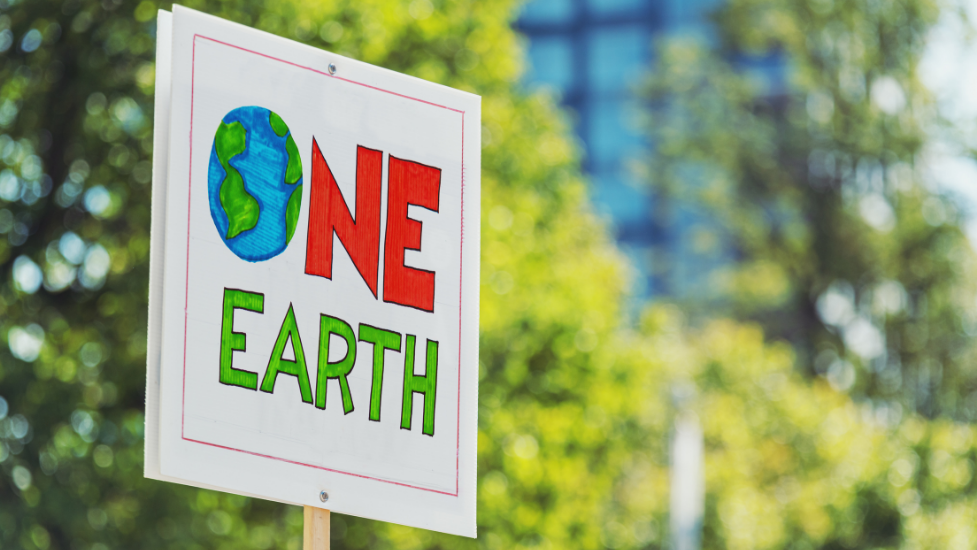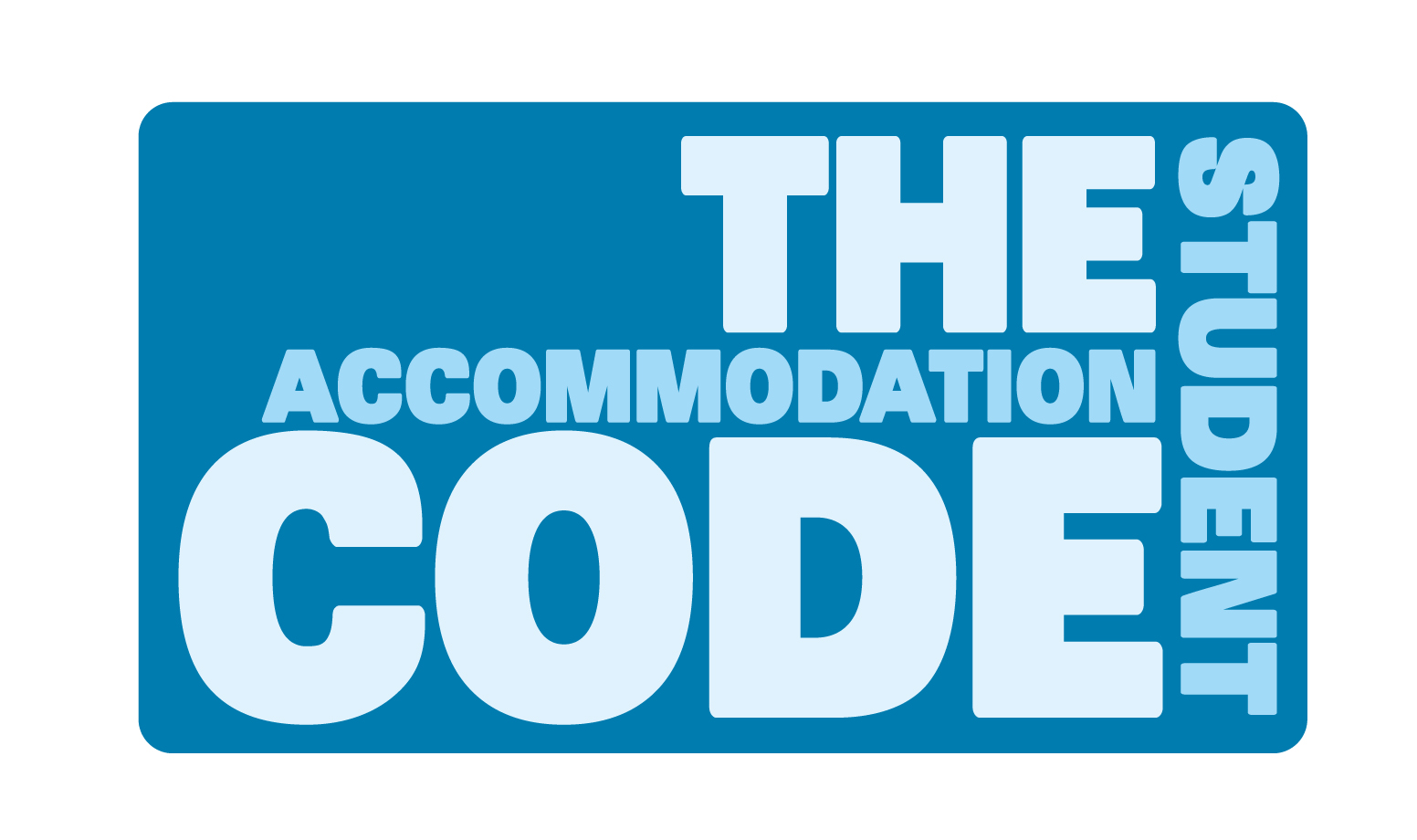Residential Life
Ways to live sustainably as a student
Why I believe in sustainable living...
While climate awareness has grown in recent years through the work of activists such as Greta Thunberg and David Attenborough, the COP26 conference highlighted the continued and rapid need for change in order to protect the natural world and find ways of living that do not inhibit the environment but still enables human progress. Personally, I believe that sustainability is important not only for the preservation of natural resources but primarily its influence in saving the environment and all that inhabit it from degradation and human-induced climate change.
As a result of this, I am particularly passionate about promoting vegan lifestyles for the benefits it has in reducing carbon emissions and protecting the animals we live alongside. However, for some, veganism may be seen as a radical step.

Therefore, I have outlined below a number of other ways in which students can enjoy university life while making self-conscious and sustainable choices in all aspects of life.
1. Too Good To Go App
The too good to go app is a brilliant app for adding sustainable living to your lifestyle by reducing food waste. As well as this you can get a great range of different foods, including fruit and veg, which is in surplus or close to its sell-by date, for a reduced price – a great money saver for students on a budget! It's free on the App Store with in-app purchases.
Did you know, Queen Mary also have a Zero Waste Shop open on campus that will help you save money and the environment!
2. Reusable Coffee Cups
Coffee is a staple of every student's life however, the cups they come in are highly unsustainable because despite the introduction of paper cups many remain lined with plastic, which does not easily decompose and subsequently contributes to plastic pollution. Therefore reusable coffee cups are a cheap and effective alternative for your daily dose of coffee. It also has financial benefits because some coffee shops offer price reductions if you bring your own cup/mug.
Reusable coffee cups can come in different sizes/designs and prices.
3. EcoEgg
Ecoegg is a sustainable replacement for single-use washing detergents. It aims to reduce plastic particles entering and polluting the water by offering a reusable egg-shaped device that has fragrant pellets providing you with 50 washes before needing to be refilled.
The Egg costs £9.99 and the refills cost £4.99 (lasting up to 50 washes)
4. Charity Shops
Fast fashion appears to have become a staple of many people’s lives however, every year fast fashion generates 13 million tonnes of textile waste globally. This makes it, aside from fossil fuels and big business, one of the largest causes of pollution. Not only this but there are also a number of ethical concerns with regard to the production of clothing making it a highly unsustainable practice.
As a result, second-hand clothing is not only a cheap alternative but also has significant environmental and ethical benefits. There's also ample opportunity with second-hand clothes to upcycle and create your own fashion or add your own twist to your clothes.
For more insight into the benefits of preloved clothing come along to the clothes swap event during National Money Week on the 23rd February on campus!
These may only appear to be small changes but each one has a significant impact on protecting the natural world and ensuring that future generations have access to the same opportunities to enjoy it as we do. They are little everyday things that can make a big difference and help tackle climate change this Green Week.
Topics
- Read Next
-
 How to deal with loneliness living in halls
How to deal with loneliness living in halls
 Exam Calendars Incoming!
Exam Calendars Incoming!
 Study tips from Residential Assistants
Study tips from Residential Assistants
 National Pet Day 2024: Showcase!
National Pet Day 2024: Showcase!
 QUIZ: Which ResLife events should you attend this month?
QUIZ: Which ResLife events should you attend this month?
 Study Café at QM Social
Study Café at QM Social
 Trip: Kyoto Garden
Trip: Kyoto Garden
 Holi 2024 Photo Gallery
Holi 2024 Photo Gallery
 International Student Support Group
International Student Support Group
 Holi: Immerse yourself in the Colours of Spring
Holi: Immerse yourself in the Colours of Spring
- Popular
-
 The Residential Services Online Shop
The Residential Services Online Shop
 How do I get my Residents' Rewards Card?
How do I get my Residents' Rewards Card?
 Queen Mary Food pre-paid meal plans - ON SALE NOW!
Queen Mary Food pre-paid meal plans - ON SALE NOW!
 The Queen Mary Zero Waste Shop
The Queen Mary Zero Waste Shop
 How to contact Security at Queen Mary
How to contact Security at Queen Mary
 Aspire Point 101- Quick Guide to Aspire Point FAQs
Aspire Point 101- Quick Guide to Aspire Point FAQs
 How to Report Maintenance Issues in Queen Mary Halls
How to Report Maintenance Issues in Queen Mary Halls
 Introducing the Residential Welfare Team
Introducing the Residential Welfare Team
 Receiving post to halls?
Receiving post to halls?
 Guarantor scheme with Housing Hand
Guarantor scheme with Housing Hand


